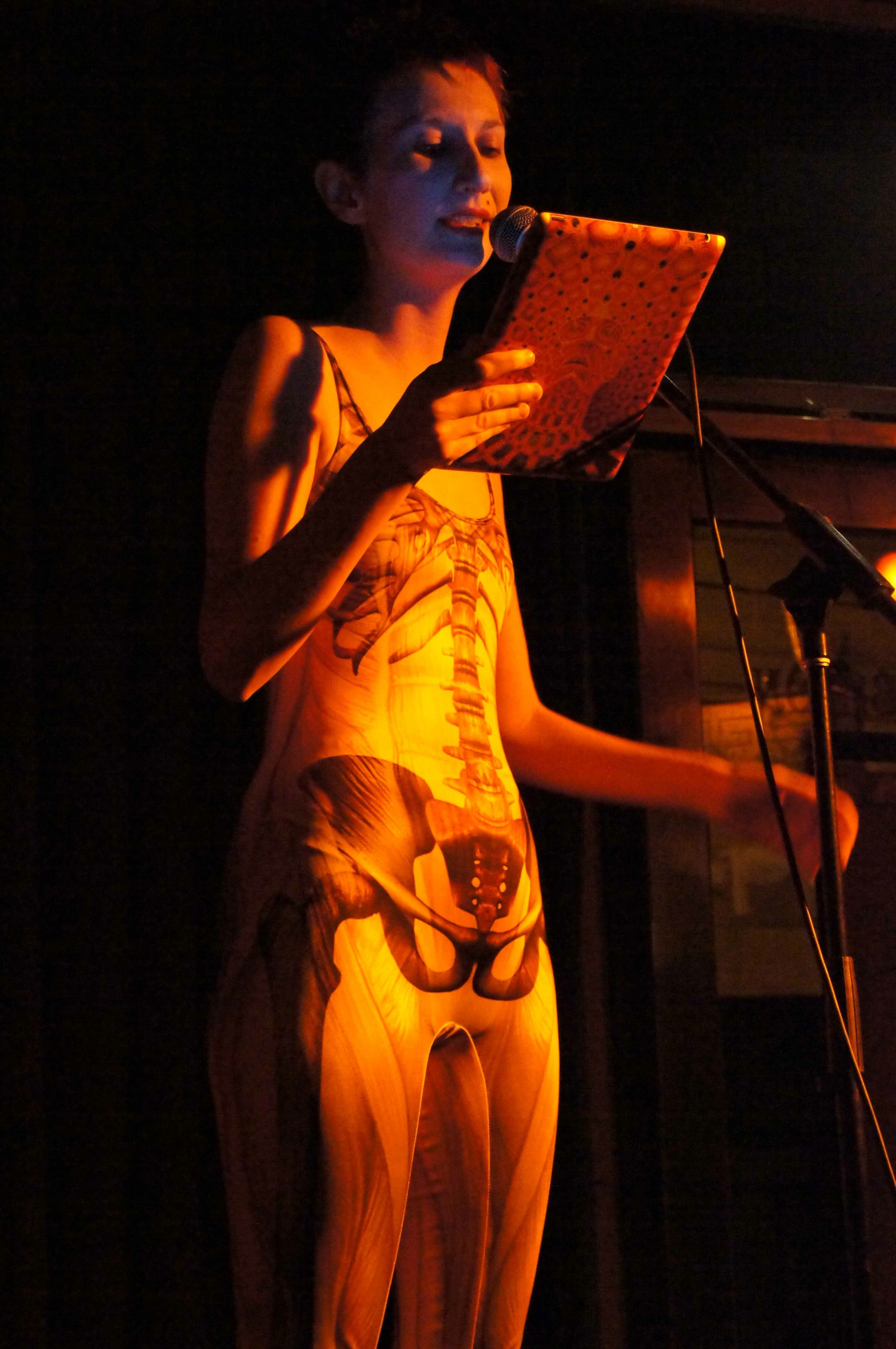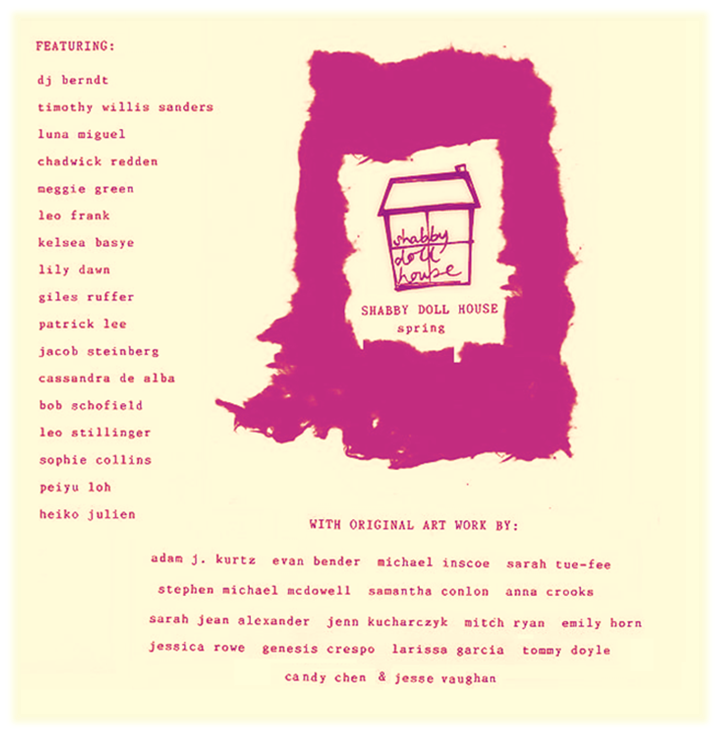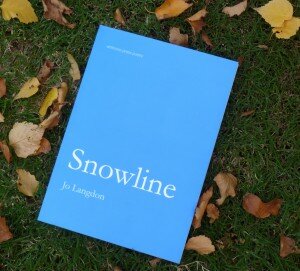
Louisiana State University Press
The word “Ephemeron” itself refers to an object of a transitory or impermanent nature, from the same word root as “Ephemeral”. The book is split into 3 parts via Roman numerals. The thing that most distracted me and was most difficult in navigating the book was its e-book formatting. If only the publishers had made more of an effort here! This is why my review only centres closely around 2 of the poems which can be found in Part I.
“Those are windflowers glowing in the outer darkness just beyond the gateposts” is the first line of Ephemeron sharing the same name of the collection by T. R. Hummer. The line sets up both the natural world and the other, steeped in the beauty of fauna and body, these first lines begin their meditation. The reality of being pregnant at fifty ties in well with the literal voice of nature as perhaps an ally. It also echoes the perceived insanity of such an immeasurable task at half a century of living.
“I smell them gather above me like ravens
wheeling
Over the promise my body makes. Black
hearted godhood has left them hungry”
These lines capture well the strange loss of time and sense when birth is unexpectedly factored into retirement. What I make of this first poem is its innate approach to loss and grief, whilst still being able to “see” the things that do beauty well. There’s a quasi-awareness in both language and subject. The poem addresses “zygote” in a tone reminiscent of an open letter.
“Listen, zygote. The windflower’s
true name:
anemone. It’s true vocation: to be blowing
Against a wooden gate at 6 a.m.”

I love that image of the otherworldly anemone on the wind. The sense of arcane follows through later in the poem “Interrogations”:
“Something
about the way water moves, about light. But the child
pulls her skirt, crying time, time.”
This image is both destructive and striking. The poem features animals to show passages of time: horse, weasel, “fossilized skeletons of dolphins”, boar and even the rifle has a “muzzle”. I have been told I often employ the use of animals as metaphor, this may be why I was taken with this “Interrogations”. There is a nice twist in:
“In pinewoods at midnight the trapped weasel, gnawing
its own leg, stops to consider its bitter self-taste”
The contrast between these two moments is lovely. What is most evident in this collection is Hummer’s seemingly effortless expression of grief, absence and ultimately how loss transforms. Like its title, these losses are collectibles. The crises that surface leave remnants of death and disease and Hummer turns these aspects into poetic turbulence. These poems almost stand as proof of existence. Our biology says we exist, our physiology says we exist but this kind of existing goes beyond the carbon imprint. The people in these poems co-exist with the gods. These poems read almost like prose, but are undeniably fluid in movement and breadth. So the poems seem to evaluate, collect and catalog scenarios and crises. Like a stamp or coin collection, each piece (moment) feels immemorial. The sense of déjà vu here is uncanny.
The poem talks about the mother as “the old woman” and muses on the knowledge that “Death” is close and closer. The child constantly brings both nature of life and responsibility back into focus. Other characters that feature are the astronomer: “circle of blood on the eyepiece”, the geneticist who is cut open like an alien, the ever watching man as presumed “husband”, the blind girl “…pass[ing] her hands over / dusty spines like a pianist, like a pickpocket”. What pulls all this together is the bare, wild landscape of the country, “impossible now to understand how familiar it was”. The poems, whilst singular feel like they carry one another with their similar voices and subjects. Part of what makes Hummer such a superstar is that he approaches subjects which confront and inquire into the reader’s conscience. The subjects he chooses are both political and personal. They’re “big” subjects that shout and cry, they get your attention and they waver between strong and weak, brave and wild.
 T. R. HUMMER was born in 1950, Mississippi. He is an American poet, critic, essayist, professor and editor. He has published poems in The New Yorker, Harper’s Atlantic and the Paris Review. He has 10 poetry collections and 2 essay collections and 2 Pushcart Prizes. Previously, Hummer has taught at Oklahoma State University and guest edited The Cimarron Review, Middlebury College where he guest edited New England Review and the University of California at Irvine. He is a past editor at The Kenyon Review and currently teaches at Arizona State University, where he lives with his wife and his daughter.
T. R. HUMMER was born in 1950, Mississippi. He is an American poet, critic, essayist, professor and editor. He has published poems in The New Yorker, Harper’s Atlantic and the Paris Review. He has 10 poetry collections and 2 essay collections and 2 Pushcart Prizes. Previously, Hummer has taught at Oklahoma State University and guest edited The Cimarron Review, Middlebury College where he guest edited New England Review and the University of California at Irvine. He is a past editor at The Kenyon Review and currently teaches at Arizona State University, where he lives with his wife and his daughter.














